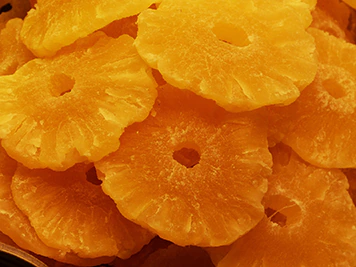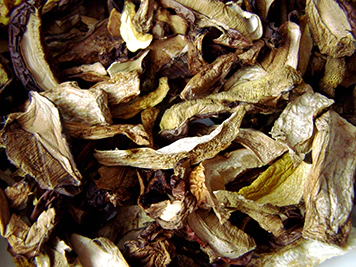| Additive Summary | Sodium Metabisulfite (E223) |
|---|---|
| Essence | Sodium Metabisulfite or E223 is an inorganic compound used in food to extend the shelf life of predominantly dried foods. It can also be used in printing, rubber, dyeing, leather, gold refining, and other industries. It can be found in supplements and medicine. |
| Names | Sodium Disulphite, Sodium Metabisulphite, Disodium Disulfite, Sodium Pyrosulfite, SMBS, E223, Sodium Metabisulfite, and others. |
| Sourcing | Sulfur Dioxide works as the origin ingredient for this one. |
| Manufacturing | The additive is simply made by mixing the sourcing ingredient with Sodium Carbonate. There are, however, other ways to make it happen. |
| Application | Preservative (synthetic, very water-soluble) and antioxidant. |
| Acceptable Daily Intake | Up to 0.7 milligrams for every kilogram of body weight is said to be the safe dose. |
| Side Effects | In high amounts, it can cause diarrhea, abdominal pain, vomiting, nausea, circulatory disturbance, and central nervous system depression. It can also cause severe allergies and be absolutely detrimental to asthmatics. |
| Benefits | None. |
| Studies | 620+ studies on Pubmed. 20+ studies on safety. |
| Allergens | None. |
| Diet Restrictions | None. |
| Health Knight Assessment | Potentially Harmful. | Category 3 Additive. |
| Products | When it comes to food, Sodium Metabisulfite is used with dried fruits (like dried pineapples, pears, apples, apricots, etc.), dried vegetables (like potatoes, mushrooms, gingers, tomatoes, onions, etc.), pastries, ciders, wines, beers, biscuits, marmalades, crisps, sausages, sauces, cookies, crackers, coconut milk, beans, desserts, jams, taquitos, soft drinks, meatballs, wraps, shrimps, muesli, mustards, tortillas, pickled peppers, dressings, mashed potatoes, pies, canned chickpeas, marinades, pizzas, cakes, chocolate snacks, chocolate candies, burgers, ice creams, fruit juices, hummus, and other foods. |



